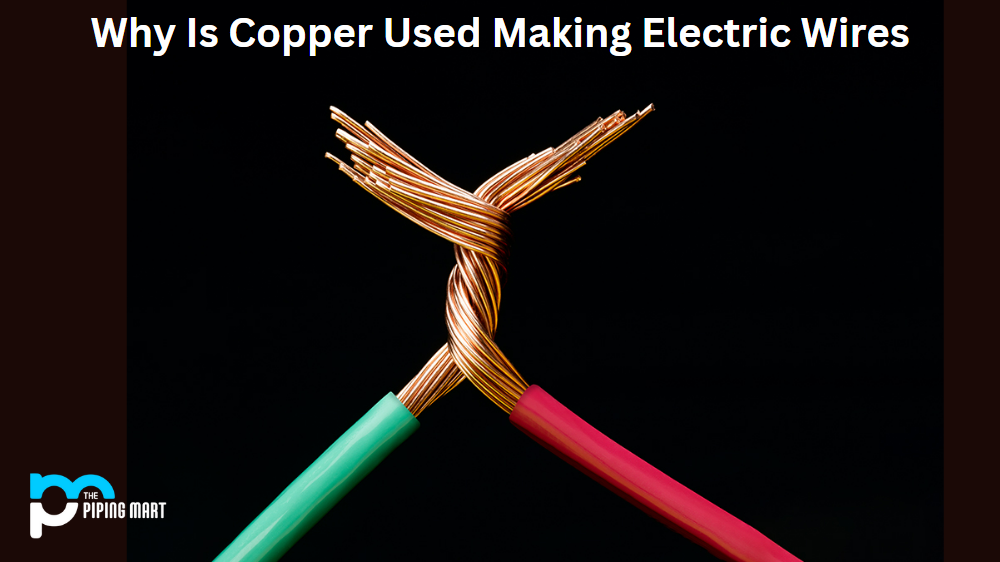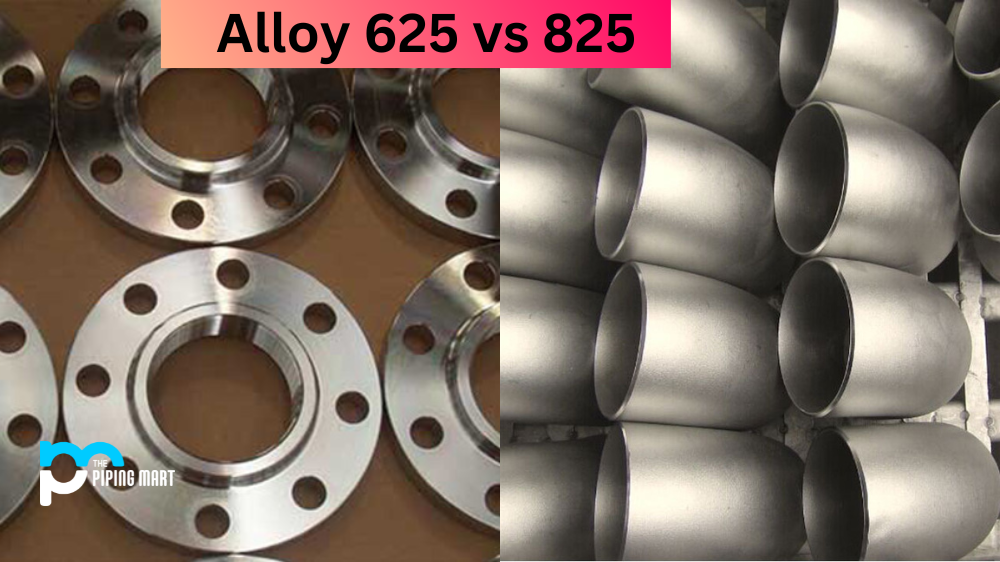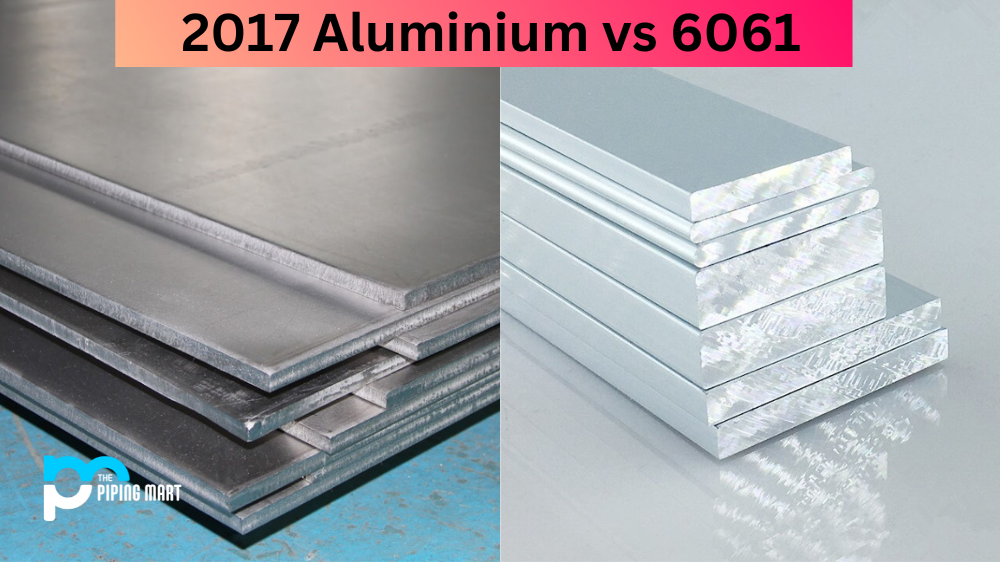Electricity is a fundamental part of our life. It lights our homes, powers our electronic devices and appliances, and makes our transport systems possible. While it’s easy to take electricity for granted, the components that make it possible are essential. One of those components is copper, which is widely used in making electric wires. Copper has unique properties that make it an ideal choice for electric cables, such as its excellent electrical conductivity and ductility. In this blog post, we’ll explore why copper is vital to electric wires.
Excellent Electrical Conductivity
Copper has a high electrical conductivity, which means it can easily transmit electrical signals without losing energy. When used in electric wires, copper allows electricity to flow efficiently, reducing energy loss and promoting safety. Copper is also an excellent conductor of heat, giving it an added advantage when dissipating excess heat. This is important as overheating can lead to electrical fires and damage to appliances and circuitry.
Ductility
Copper is a remarkably ductile metal, which makes it easy to draw into thin wire. During the wire production process, copper is typically removed through a die, which reduces its diameter and increases its length. The resulting wire retains its excellent electrical conductivity and strength while being flexible enough to mould into various shapes and sizes. This flexibility makes copper a versatile material for electric cables, enabling its use in complex applications where other materials may not perform as well.
Corrosion Resistance
Unlike other metals, copper is resistant to corrosion and oxidation. These qualities mean copper stays structurally intact and retains its electrical conductivity over time, even when exposed to harsh conditions. This is particularly important for electric wires installed in outdoor environments, where they are exposed to moisture and other environmental factors that can cause damage. Copper’s resistance to corrosion ensures that electric wires work effectively for a long time, reducing maintenance costs and increasing reliability.
Heat Resistance
Another critical characteristic of the metal used in electric wires is its heat resistance. Copper possesses the unique property of maintaining its conductivity under high temperatures. This property makes it an excellent choice for producing wires that carry high electrical currents without melting or getting hot. Copper has excellent thermal properties, which allow it to dissipate heat efficiently. The process is heat dissipation, which helps keep electric wires from overheating.
Availability
Copper is abundant, and it is a readily available metal. The primary sources of Copper are found in countries like Chile, Peru, and the United States. Due to its abundance, Copper tends to be more affordable than precious metals like gold and silver. As a result, Copper remains the primary material used in wiring and electrical applications, such as electric motors and generator windings.
Safety
Lastly, Copper is considered a safer alternative than other metals because it is non-toxic. Unlike other metals like aluminium or lead, copper poses no significant health risks. It is an environmentally safe material and is easy to recycle. The safety aspect of Copper makes it a common choice in healthcare applications such as pacemakers and defibrillators.
Cost-Effective
Copper is cost-effective compared to other conductive metals such as silver and gold. This is because copper is more abundant in the natural world and easier to extract from ores. The cost savings from using copper in electric wires translate into lower manufacturing costs and, ultimately, lower consumer prices.
Sustainable Material
Copper is a sustainable material, and its use has minimal environmental impact. Copper is recyclable, and its properties remain unchanged during the recycling process. This means copper can be reused without losing its electrical conductivity and strength. Therefore, using copper in electric wires reduces greenhouse gas emissions and promotes environmental sustainability.
Conclusion
Copper is vital in electric wires due to its excellent electrical conductivity, ductility, corrosion resistance, and cost-effectiveness. Copper has proven to be one of the best materials for electric cables, capable of transporting electricity efficiently while reducing energy loss and promoting safety. Its abundance in the natural world and recyclability make it a sustainable material for electrical applications. Going forward, copper will likely remain a fundamental material in the electrical industry, making modern life possible as it powers our technological advancements.

Meet Bhavesh, a seasoned blogger with a wealth of knowledge and experience. From metal products manufacturing to retail, Bhavesh has a diverse background in various industries and is dedicated to sharing his insights and expertise with readers.




